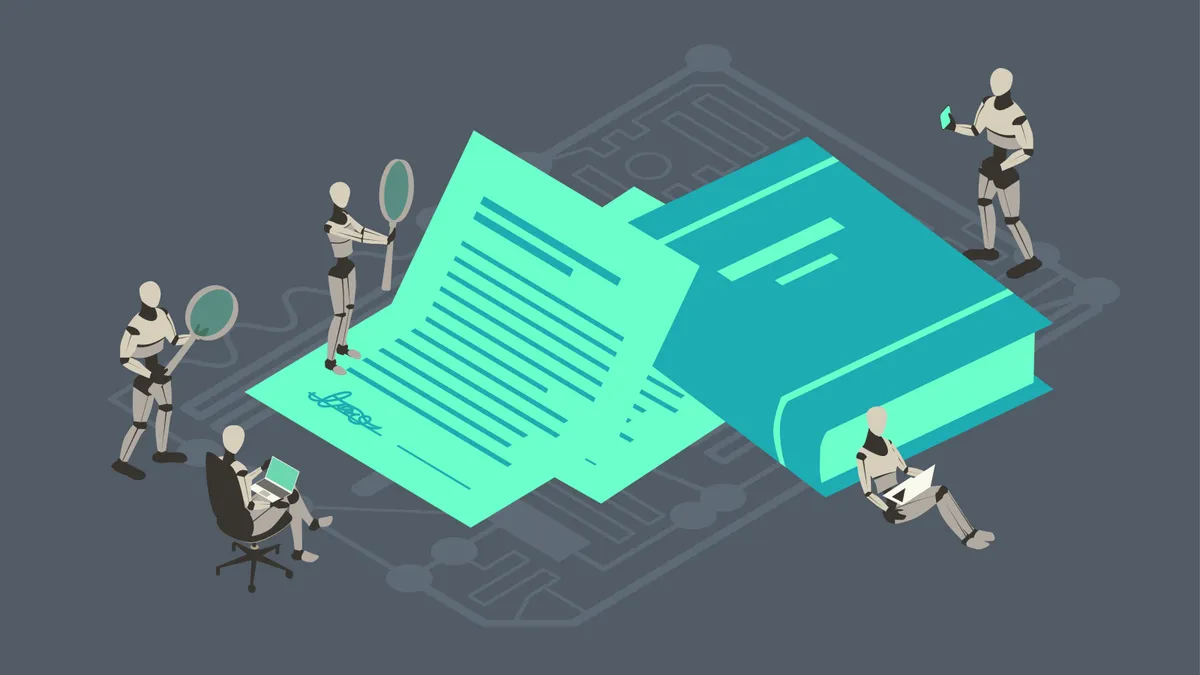Attorney Steven A. Schwartz first landed him and his colleague Peter LoDuca in hot water with a federal judge through his use of ChatGPT for legal research, which resulted in six fake cases being cited in a legal brief.
However, if the two Levidow, Levidow & Oberman lawyers had owned up to Schwartz’s now-infamous actions sooner, they might have been able to avoid the sanctions Judge P. Kevin Castel handed down last week.
The Southern District of New York judge wrote that “the narrative leading to sanctions” included an early March filing that was prepared by Schwartz and filed by LoDuca that first cited the fake cases.
“But if the matter had ended with Respondents coming clean about their actions shortly after they received the defendant’s March 15 brief questioning the existence of the cases, or after they reviewed the Court’s Orders of April 11 and 12 requiring production of the cases, the record now would look quite different,” Castel wrote in his ruling.
“Instead, the individual Respondents doubled down and did not begin to dribble out the truth until May 25, after the Court issued an Order to Show Cause why one of the individual Respondents ought not be sanctioned,” Castel continued. “For reasons explained and considering the conduct of each individual Respondent separately, the Court finds bad faith on the part of the individual Respondents based upon acts of conscious avoidance and false and misleading statements to the Court.”
The judge levied a $5,000 fine against the two attorneys and their firm in light of the Rule 11 violations. The lawyers were also directed to send Castel’s opinion to the judges to whom the generative AI tool improperly attributed the fake decisions.
Schwartz
The case in question was a personal injury lawsuit in which Levidow, Levidow & Oberman was representing a man named Roberto Mata against Colombian airline Avianca.
The brief that first cited the fake cases generated by the OpenAI chatbot was the affirmation component of the plaintiff’s opposition to Avianca’s motion to dismiss.
In his sanctions ruling, Castel highlighted concerns about several statements Schwartz made to the court.
For example, Schwartz wrote in an affidavit that ChatGPT was a “supplement” to his legal research for the filing that included fake cases.
But the judge said it was revealed at a hearing this was an “untruthful assertion,” as Schwartz made clear the chatbot was the primary basis of his research.
The judge also took issue with Schwartz’s statements about attempts to verify some of the cases ChatGPT generated that ultimately turned out to be fake.
For example, Schwartz did not reveal in the affidavit that he could not find one of the six fake cases (“Varghese”) when he searched for it.
Schwartz also offered no explanation for his inability to find another of the fake cases (“Zicherman”), the judge wrote.
“Poor and sloppy research would merely have been objectively unreasonable,” the judge wrote. “But Mr. Schwartz was aware of facts that alerted him to the high probability that “Varghese” and “Zicherman” did not exist and consciously avoided confirming that fact.”
Schwartz and one of the lawyers who represented him before Castel did not immediately respond to requests for comment Monday.
LoDuca
LoDuca took over for Schwartz as the attorney of record in the Mata case when it moved from state to federal court, but Schwartz continued to handle key tasks.
In his sanctions order, the judge faulted LoDuca for not reading a single case or checking the assertions of law in the March filing prepared by Schwartz that included fake cases.
“An inadequate or inattentive ‘inquiry’ may be unreasonable under the circumstances,” Castel wrote. “But signing and filing that affirmation after making no ‘inquiry’ was an act of subjective bad faith.”
Castel said he was especially troubled by the lack of inquiry because LoDuca “knew of Mr. Schwartz’s lack of familiarity with federal law, the Montreal Convention and bankruptcy stays.”
He said LoDuca also knew about “the limitations of research tools made available by the law firm with which he and Mr. Schwartz were associated.”
These issues — Schwartz’s limited experience in federal court, his lack of knowledge of bankruptcy law and his law firm’s limited legal research technology options — likely contributed to Schwartz using ChatGPT and fake cases being introduced into a court filing, earlier reports showed.
On the candor front, the judge took issue with LoDuca seeking an extension for an April filing on the basis that he was going on vacation. Schwartz was in fact the lawyer who was taking a vacation.
“Mr. LoDuca’s statement was false and he knew it to be false at the time he made the statement,” the judge wrote. “Under questioning by the Court at the sanctions hearing, Mr. LoDuca admitted that he was not out of the office on vacation.”
LoDuca did not immediately respond to a request for comment Monday.
Case dismissal
On the same day he issued his sanctions order, Castel granted Avianca’s motion to dismiss Mata’s lawsuit.
Castel wrote in his dismissal order that Mata’s claims were time-barred under the Montreal Convention.



















